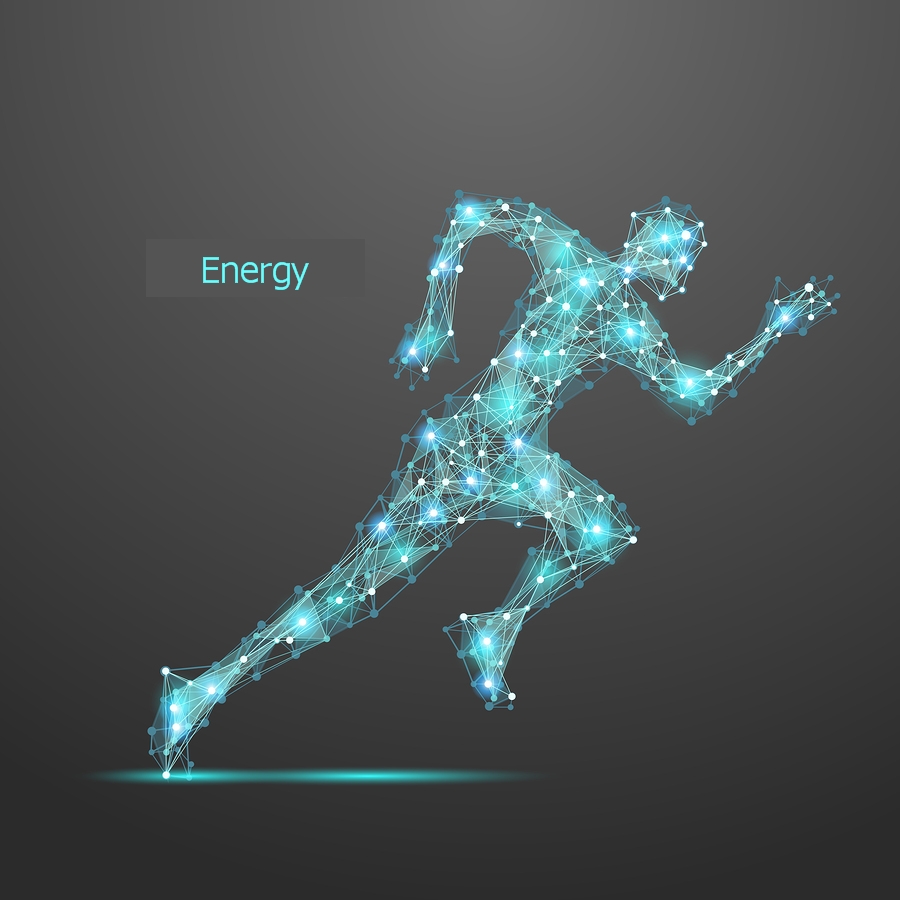Building/Rebuilding & Fueling Our Bodies (In Other Words, 'Nutrition')
@mythociate (21437)
Oklahoma City, Oklahoma
April 10, 2018 11:20am CST
I'm sure you know that the food we eat is transformed into cells our body uses to build our bodies (or repair them once they're fully grown) and into energy we use to do all the needed functions.
And I kinda wonder, How does such a transformation take place?
This LiveStrong article https://www.livestrong.com/article/496198-how-does-our-body-change-food-into-energy-we-can-use/ starts to describe it. But there are a lot of questions left over.
They basically say 'we have chemicals in our bodies that break-down the food we give them, repackaging the nutrients into repair- or energy-chemicals' ... nothing-much on 'how it does that'; more like 'that's "how it is".'
A little more searching brought me to a video ("How the Body Uses Food - You Are What You Eat" https://youtu.be/AA0QMn9VfoE by YouTube's 'Whats Up Dude') with the following transcript:
"Essentially carbs are going to be used in 3 different ways. As immediate energy, as stored energy, or as stored fat.
During the digestive process, carbs are converted to glucose, which is what cells use as energy. The liver sends this glucose into the bloodstream to be used as immediate energy for cells. Once the bloodstream has enough glucose in it, the liver takes the extra glucose and converts it to glycogen, which is a stored form of glucose energy.
Glycogen gets stored in the liver and muscles, which combined can store about 2000 calories worth. Once the bloodstream is full and the glycogen tanks are full, the extra glucose or carbs are stored as fat in fat tissue.
Now for proteins. Proteins are also going to be used in mainly 3 different ways. They are used to build stuff, used as energy, or stored as fat. During the digestive process proteins are broken down into their main components of amino acids.
These amino acids can be used to make enzymes, hormones, build and maintain tissues, construct transport proteins, which transport fats throughout the body, and make antibodies, which help neutralize some bacteria and viruses in the body.
If the body is low on fuel, it can convert proteins to energy. And, if the body doesn’t need to use protein for all of the situations just mentioned, it can be, through a lengthy process, converted to and stored as fat.
Next up is fats. Fats are also going to be used in mainly 3 different ways. They are used as part of many cell membranes, they can be stored as energy in the liver or in fat tissue, and they can be used as energy in the form of keytones (ketones) or through being converted to glucose.
So, as you can see, you are what you eat.
And that is the basics of how food is used in your body.
So, don’t overeat"
But the video didn't mention mitochondria or ATP (adenosine triphosphate).
I'm still wondering, 'How do our bodies decide what to burn up for the energy & what to break down to use for spare parts?' But I think I kinda "answered my own question" there---everything goes into 'the vat of industrial chemicals,' and 'everything that DOESN'T burn off or get taken away & made into spare parts' ... is flushed away (and too much mention of 'that stuff' will get reported.)
2 people like this
3 responses
@RasmaSandra (73365)
• Daytona Beach, Florida
10 Apr 18
Thank you for sharing. Interesting to look into this.
1 person likes this
@mythociate (21437)
• Oklahoma City, Oklahoma
11 Apr 18
I hope it also helps you plan your diet and select the food you buy.
1 person likes this
@mythociate (21437)
• Oklahoma City, Oklahoma
10 Apr 18
I wonder 'how it decides that order.'
I'm guessing it's the same way a fire (in the fireplace) "decides" to burn leaves first, then twigs, then the branches & tree-trunk 









